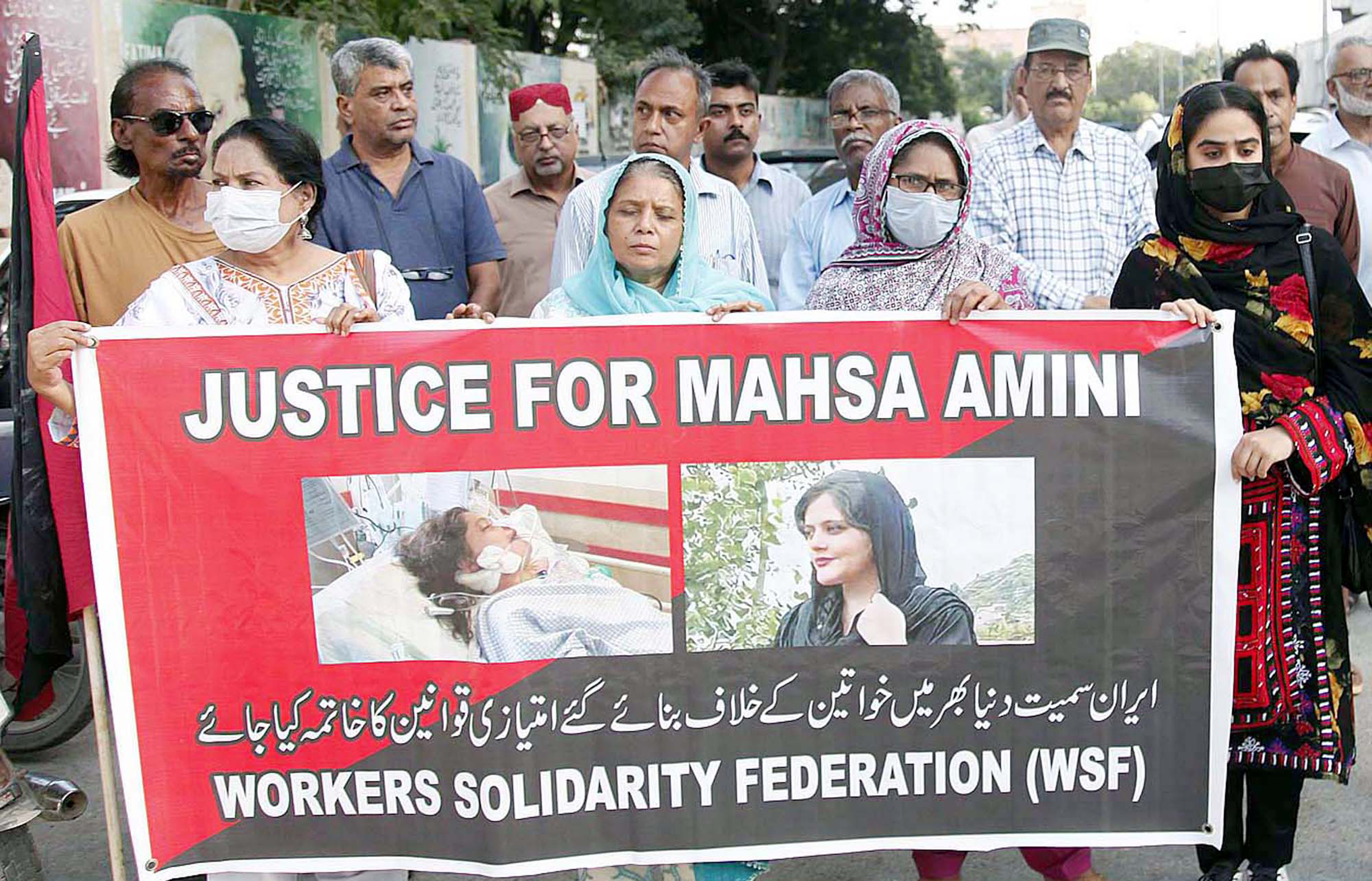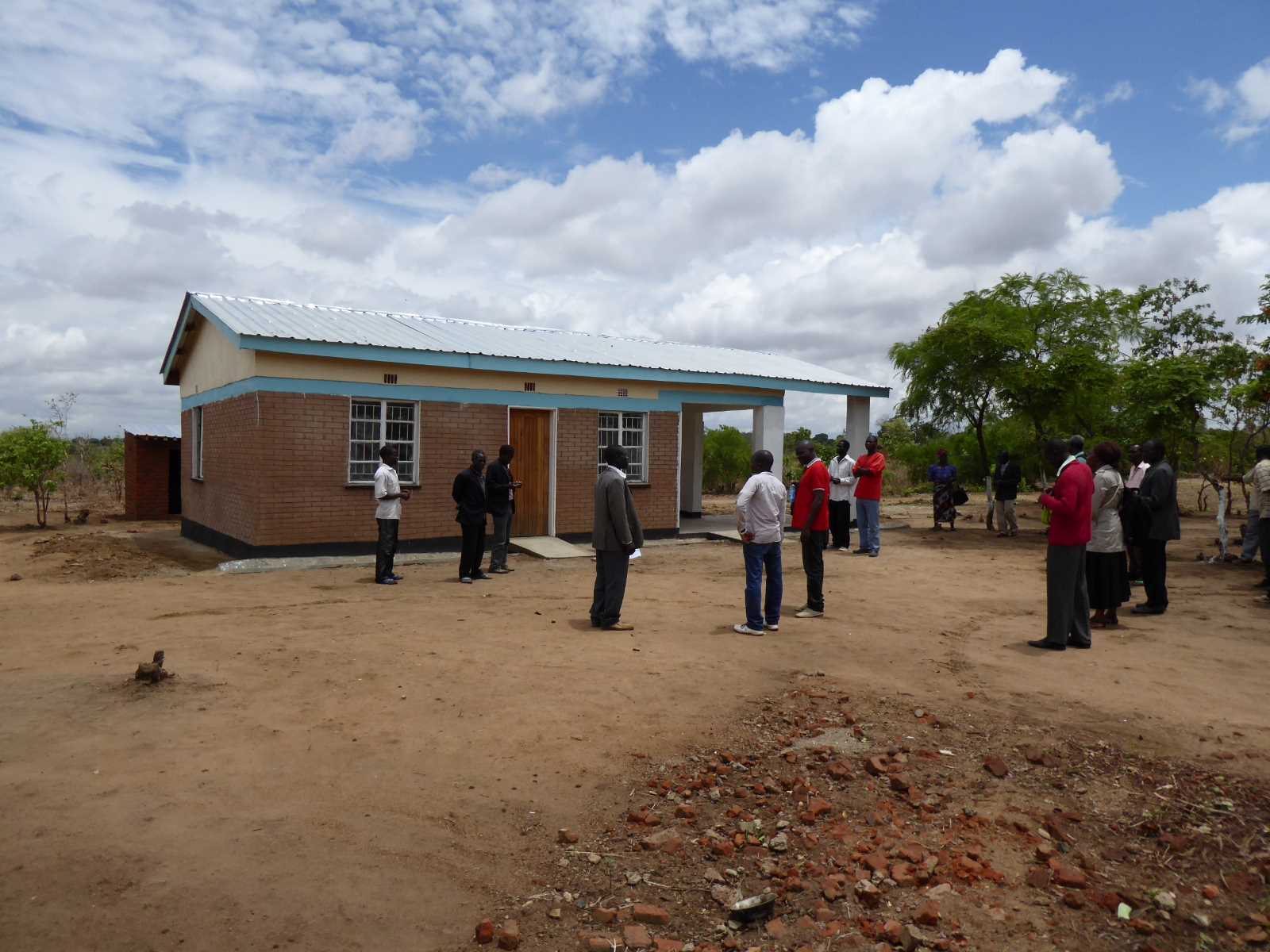Domestic violence
Taking cover

His case is not unique in Zimbabwe, where domestic violence is rife. According to the country’s Demographic and Health Survey (DHS) for 2015, the most recent such survey available, more than one-third (35 %) of women age 15 to 49 have been beaten by partners. Some 15 % had been beaten in the prior 12 months alone. In the case of married women, the figure was 20 %.
Among the 14 % of women who experienced sexual violence, the most likely perpetrators were current or former husbands or boyfriends. The DHS is based on a survey of nearly 10,000 women from across Zimbabwe.
Zimbabwe is not the only country to see a wave of violence against women, but it is among the most affected. Economic stresses such as high unemployment, skyrocketing inflation and a coronavirus-related economic slowdown, are one reason. “Couples have economic stresses nowadays, and because of that they fight very often,” says Megan Chinowawa, an economist based in Harare.
Other factors associated with increased domestic violence are women’s low educational attainment and their financial dependence on their husbands. So are neglect by authorities and dowry payments, which give some men a sense of ownership over their wives.
Cultural norms tolerating wife beating are also a factor. “In general, intimate partner violence is perceived as a cultural norm and accepted as a means to keep women disciplined and on track,” says a January 2020 report on violence against Zimbabwean women in BMC International Health and Human Rights, a publication of UK-based BioMed Central. “Women of reproductive age are at high and increasing risk of physical and emotional violence” in Zimbabwe, the BMC report concludes.
Some men, meanwhile, are also claiming abuse at the hands of their wives. “My wife is serving a five-year jail sentence for scalding me with boiling water after she claimed to have read messages from my girlfriend on my phone,” says Pritchard Mutandi, 42, of Kadoma, a town 100 kilometers west of Harare.
Amidst the domestic conflicts, “children are growing up in violence-ridden homes, meaning they grow violent as well,” says children’s rights advocate Munesu Chihota of Harare.
Zimbabwe’s Domestic Violence Act seeks to protect victims. The country’s Anti-Domestic Violence Council, established in 2009, oversees implementation of the law. But the Council lacks the resources to do its job, says Melinda Siziba of advocacy group Women of Zimbabwe Arise.
Similarly, the UN Declaration on the Elimination of Violence against Women sought to protect women worldwide against violence. That was in 1993. In many parts of the world, including Zimbabwe, women are still waiting.
Further reading
Zimbabwe - 2015 Demographic and Health Survey (DHS) - Key Findings:
https://www.dhsprogram.com/pubs/pdf/SR234/SR234.pdf
BMC International Health and Human Rights - Trends in prevalence and correlates of intimate partner violence against women in Zimbabwe, 2005–2015:
https://bmcinthealthhumrights.biomedcentral.com/articles/10.1186/s12914-019-0220-8
Jeffrey Moyo is a journalist based in Harare.
moyojeffrey@gmail.com













